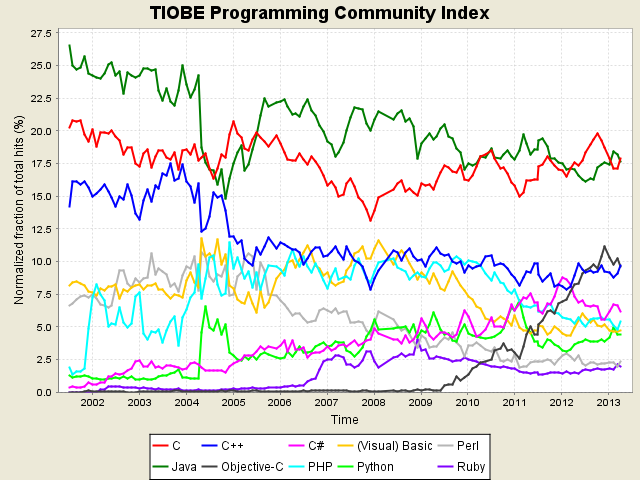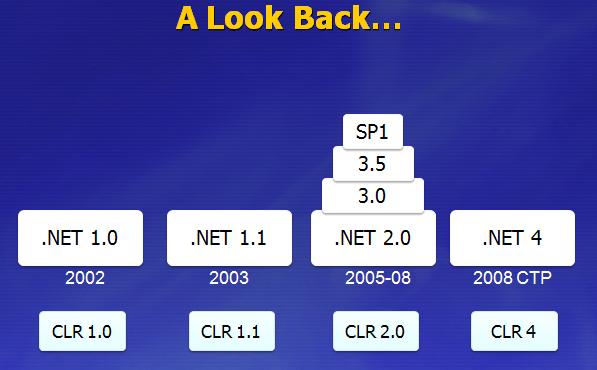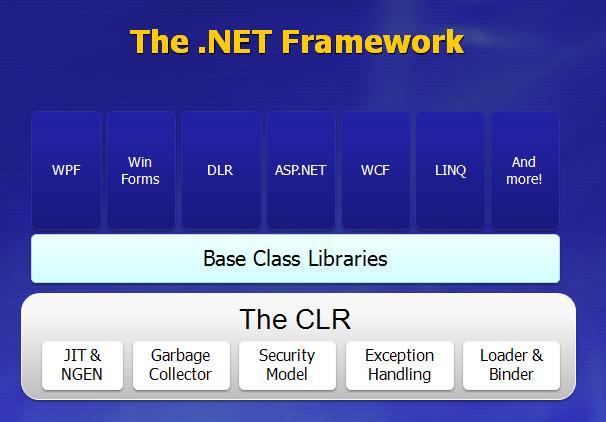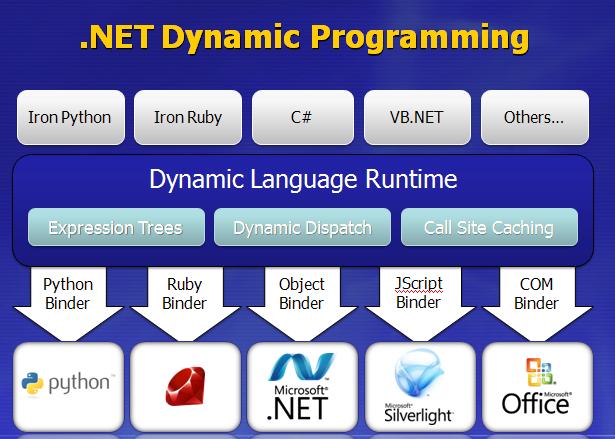As you transition to C#, appreciate the nuanced differences and leverage your C++ background. While C# abstracts away many low-level details for safety and simplicity, your understanding of underlying principles from C++ can enhance your C# development, particularly in areas like memory management and performance optimization. However, be prepared to adapt to the managed environment of C#, which handles many of the lower-level operations automatically.
Transitioning from C++ to C# presents a unique set of considerations, reflecting the distinct nature and capabilities of each language:
-
C# Advantages: C# is known for its simplicity, type safety, and object-oriented structure, making it particularly suited for enterprise-level applications. This language offers a streamlined approach compared to C++, focusing on productivity and safety.
-
C++ Experience: With three years of experience in C++, you're likely familiar with its power and flexibility. C++ allows for close-to-the-metal programming, giving developers precise control over system resources, memory management, and performance.
-
C++ Libraries and Frameworks: In C++ development, reliance on libraries like Boost, STL, MFC, QT, and ACE is common. These libraries provide extensive functionalities but also add complexity and can lead to a steeper learning curve.
-
Comparative Language Capabilities: C++ offers low-level system control, enabling detailed memory management and multithreading capabilities. This makes C++ ideal for applications requiring high performance and fine-grained resource control.
-
Microsoft Visual Basic 6 (VB6) Context: While VB6 significantly differs from C# and C++, it's mentioned here as an example of a language designed for rapid UI development and straightforward database and COM object management. VB6 caters to developers focused on building desktop applications with less emphasis on low-level programming.
The TIOBE Programming Community Index serves as a monthly gauge of programming language popularity, based not on language quality or lines of code written, but on relevant metrics like the number of professionals, educational courses, and vendor engagement. Data from search engines like Google, Bing, Yahoo!, Wikipedia, Amazon, YouTube, and Baidu contribute to this evaluation.
C# holds a notable position within this landscape, particularly for its use of Intermediate Language (IL) emission, which offers a balance between productivity and performance not easily achieved with direct machine code manipulation, as in C++. This capability has paved the way for innovative frameworks that expedite project startups without significant performance drawbacks.
The prominence of C# is largely attributed to Microsoft's endorsement, positioning it as a preferred language within its vast ecosystem. This support has contributed to C#'s significant adoption and growth, reflected in its TIOBE index history, peaking at 8.763% in January 2012 and at its lowest, 0.384% in August 2001. C# is primarily object-oriented and statically typed, and it benefits from the robust development environment provided by Visual Studio, often lauded as one of the best integrated development environments (IDEs).

One of the most pertinent features of C# is the whole IL emit scenario. Machine code is a lot harder to work with than IL: so saying you could do it in C++ does not count. The whole IL emit scenario has opened the language for some amazing frameworks; and these frameworks allow the developer to gather momentum at the start of a project without the usual performance penalty to worry about. C# and .NET is so popular, because it's now Microsoft's first-class supported language, and Microsoft steers a very large ecosystem with a lot of inertia. Highest Rating (since 2001): 8.763% (3rd position, January 2012). Lowest Rating (since 2001): 0.384% (22nd place, August 2001). Paradigms: Object-Oriented. Type system: Statically typed. Best IDE ever (Visual Studio).

C# does not support real multiple inheritance, but C++ does, you can only have multiple inheritance from multiple interfaces in C#. Delegates are roughly similar to function pointers in C++, but they are type-safe and secure. We have to using the new modifier to explicitly hide an inherited member. The Main method is declared differently from the main function in C++. Also, compare the usage of the command-line arguments for each language. No global methods or variables in C#: Methods and variables must be contained within a type declaration (such as class or struct). Local variables in C# cannot be used before they are initialized. Destructors: In C#, you don't have control over when a destructor is called because destructors are called automatically by the garbage collector. C# does not support bit fields. Here is nice comparison with other languages too: http://msdn.microsoft.com/en-us/library/aa293030(v=vs.71).aspx. With .NET 4 version we have: Dynamic types and the DLR (i.e. runtime type binding, like python), Named and Optional arguments, Covariance and Contravariance, native asynchronous operators await/async and many more features.
With .NET it is very similar to this except that specialist engine is a sub set of Microsoft's.NET CLR. Actually .Microsoft profit equals Framework Class Library (FCL) + Common Language Runtime (CLR). This gives certain advantages; you don’t have to update engine for every hardware change, Microsoft does that for you, you have the full set of.NET features available for other modes of operation such as start up, and of course there is no overhead for communicating between the managed and unmanaged code if our end customers are using NET for other parts of their project.

Microsoft’s C#, Visual Basic, F#, and the IL Assembler always produce modules that contain managed code (IL) and managed data (garbage-collected data types). End users must have the CLR (presently shipping as part of the .NET Framework) installed on their machine in order to execute any modules that contain managed code and/or managed data in the same way that they must have the Microsoft Foundation Class (MFC) library or Visual Basic DLLs installed to run MFC or Visual Basic 6 applications.
The core features of the CLR (such as memory management, assembly loading, security, exception handling, and thread synchronization). In fact, at runtime, the CLR has no idea which programming language the developer used for the source code. This means that you should choose whatever programming language allows you to express your intentions most easily. You can develop your code in any programming language you desire as long as the compiler you use to compile your code targets the CLR.

Microsoft has created several language compilers that target the runtime: C++/CLI, C# (pronounced “C-sharp” - my favorite), Visual Basic, F# (pronounced “F-sharp”), Iron Python, Iron Ruby, and an Intermediate Language (IL) Assembler. In addition to Microsoft, several other companies, colleges, and universities have created compilers that produce code to target the CLR. I’m aware of compilers for Ada, APL, Caml, COBOL, Eiffel, Forth, Fortran, Haskell, LISP, LOGO, Lua, Mercury, ML, Mondrian, Oberon, Pascal, Perl, Php, Prolog, RPG, Scheme, Smalltalk, and Tcl/Tk.

You can always implement some legacy code in your Microsoft .NET application , for example COM code can be e asily i mplemented with RCW approach. The results achieved in managed code can be just as go od as those achieved with unmanaged but without the additional risks and associated costs of unmanaged code.
1) Active y manage any resources that are used in the steady state operation of the program. This is achieved through the use of resource pools. A number of resources are assigned in the startup phase and then these are recycled throughout the continuous operations phase.
2) Do not cause garbage collection in the continuous operation phase of the system.
Tight coding sta ndards and guidelines ensure that once in the continuous operating mode garbage is not created. Apart from the obvious approaches such as avoiding manipulating immutable objects, principle the.Net string data type, it also involves avoiding parts of the the.Net runtime that Rapid Addition knows create garbage.
References
Summary
.NET Framework it is a vast library of classes, as more you know from it as less you write code, and more you using from this library, and it just works. Microsoft .NET Framework™ and the Microsoft Windows, Unix (Mono) family of operating systems, also offers unbeatable cost‐of‐ownership, manageability, and flexibility. Also significant additional feature for using.NET it is Visual Studio IDE. I will explain why in another topic, BTW this is my favorite program in Windows for development.
What is your motivation for using.NET technology stack?